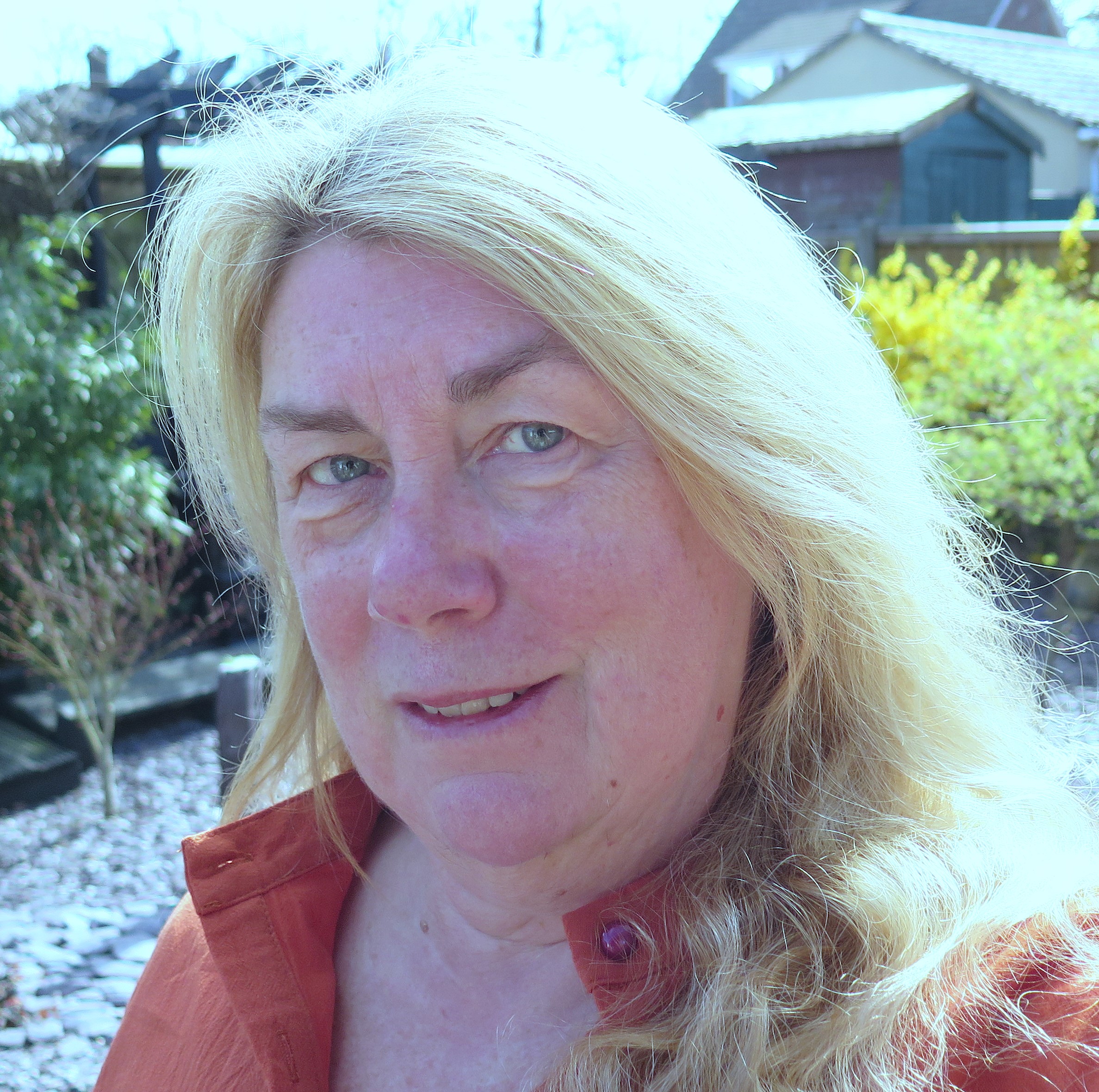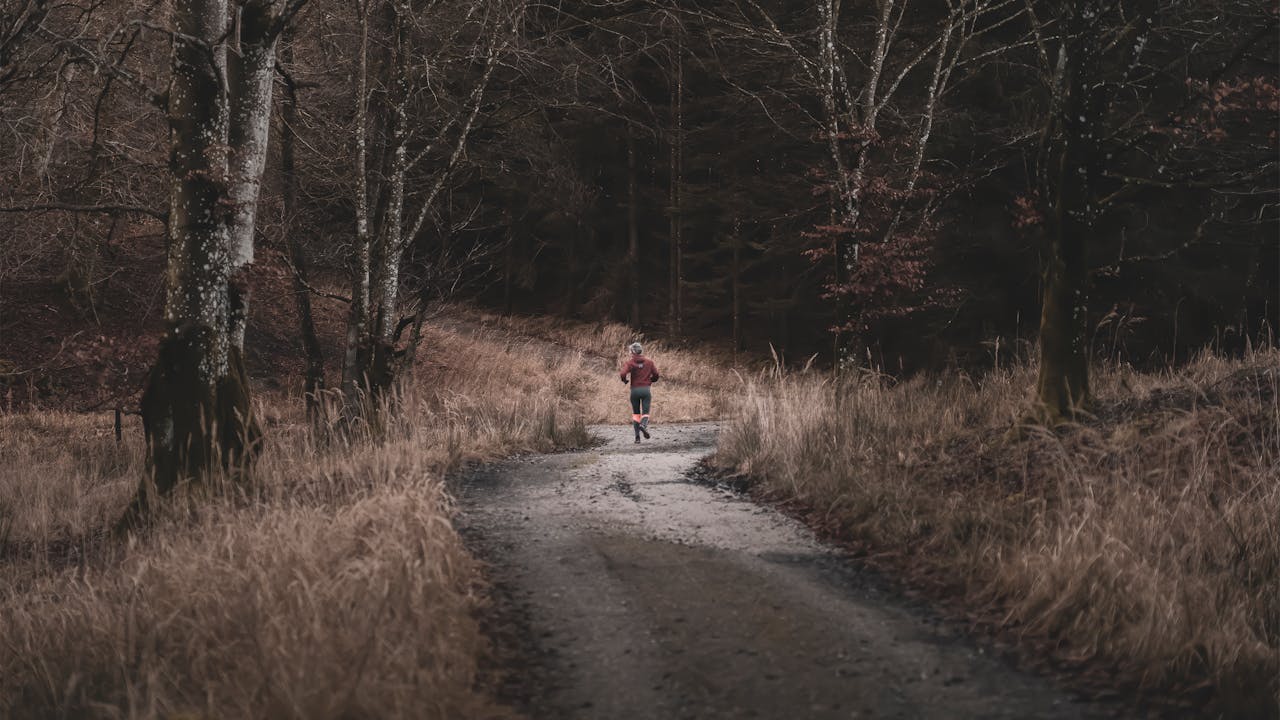When my life upended in 2018, one of the things I did to re-anchor was to take a course of workshops in ‘Creative Writing Outside’. It turned out to be the first of an ongoing series that I come back to season after season.
A disparate group of writers gathers on the exposed North Norfolk coast of England: poets, storytellers, songsters, weathermen, woodsmen, naturalists, conservationists, walkers, swimmers, historians and artists – a shifting pattern of people season by season. We are led out into the Cley Nature Reserve and places nearby to write en plein air. Weather notwithstanding.
We have written in the scorching heat, in howling gales, in pouring rain. We have written on beaches, clifftops, marsh banks and riversides, in harbours and churchyards. The only rules are that we will go outside and we will write.
During the public performance at the end of my first season, I tentatively read out a short prose piece about ‘The Dance of the Wind Witch’. It had been a wild, stormy season. I also shared what I had learned during the six-week course: ‘I am not a poet.’
A stranger responded with a heartfelt ‘Oh, but you are!’
I will never forget that moment. My conception that I was a prose writer, a business writer, a technical writer, a part-time travel writer, a reviewer and an occasional short story author was confounded by the idea that maybe all those things were getting in the way of my being a poet.
But then I thought, oh, but you are! OK, what if I choose to believe that? Then what?
I started just listening to the poems that were shared as prompts and those half-finished pieces by other group members – quite often still out in the weather. I stopped critiquing and just absorbed. I stopped trying to write poetry and just let myself do so.
Our group leader, poet Jonathan Ward, encourages us to ‘look and look again’, to notice, and to simply write what we see, what we feel, remember or imagine. Write it raw. Don’t overcook it. Let it arrive on the page first. Remember the red wheelbarrow (William Carlos Williams) or Mary Oliver asking about the grasshopper: ‘This grasshopper, I mean – the one who has flung herself out of the grass …’. Be precise. Remember, precision is simple.
Detail is at the heart of poetry, and you cannot get to the detail of what you’re trying to capture if you’re obsessing about the form. Forget the technique. Poems will often tell you their form. Sometimes they will tell you they are not poems at all but demand to be lengthy, ‘bloggy’ prose pieces. You cannot see what you’re looking at if you’re in your own way, just as you cannot talk about the things you don’t see – the things that are not there today – even if your heart was set on doing so.
So, the advice is to shift yourself. Your big everyday self. Step aside. Get out of your own way.
Being a writer means facing up to the smaller self that you have denied, the self you didn’t know existed, the self you don’t believe in. That small self will grow so much and so quickly if you just get out of the way and let the writing emerge. The best advice I ever received was to simply get out of my own way, rid myself of my preconceptions, not try too hard, and let it happen.
About the Author

During her career in the world of social housing procurement, Lesley had work published in the trade media and was commissioned to write study guides for her professional body.
Now retired, Lesley is enjoying a simpler, slower life – having acquired a new home, nicer neighbours and a beach hut along the way. She is based in ‘the City of Stories’ (Norwich, UK). Between the coast and life in the city, her focus is to look for beauty, share wisdom, be kind and be happy.
Lesley’s weekly blog and short-form poems can be found at http://lesleya.mystrikingly.com/. She has two longer-term projects on the go: one a family history piece (Dad-stories of ‘one ship I was on …’) and the other a random ramble around the UK (200 walks in no particular order). She swims, is a beginner student of tai chi and rope flow, will read anything you put into her hands and loves to travel by train.











